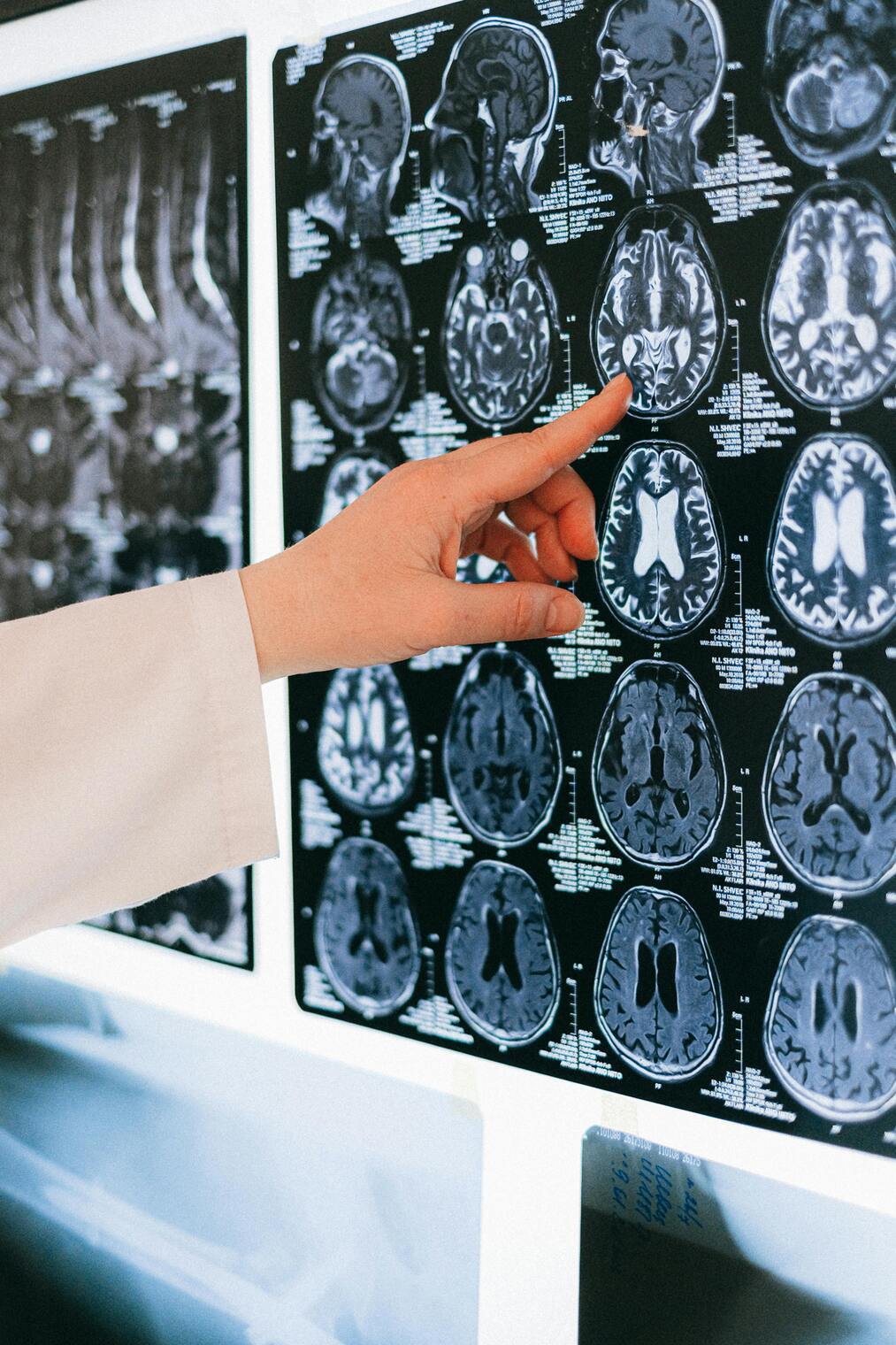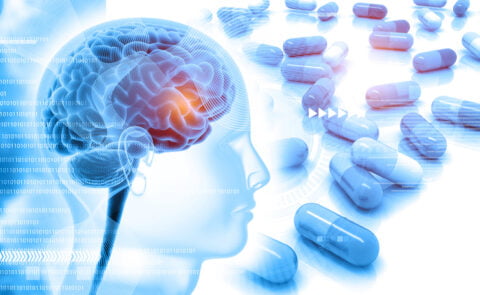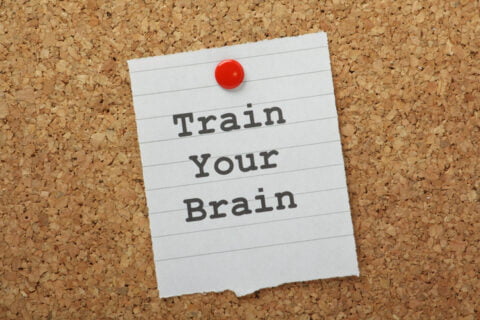Medically Reviewed by:
Khushal Girigosavi, a peer reviewer at the Cureus Journal with numerous research papers to his name, maintains high standards in medical research.
Have you ever walked into a room only to realise you can’t recall what you’ve gone there for? Did your daughter get upset with you for missing her son’s birthday when you were 100% sure it was next week? Are these instances getting more frequent as you’re getting older? If your friends and family are starting to notice, the answer must be yes.
If, in addition to these, you’ve found yourself a little lost in the middle of a conversation or feeling lost in a once-familiar place, it might be normal. Or it might be a sign of declining cognitive function in old age. You can find out for sure and figure out what to do about it with the help of brain health tests.
As we age, our bodies change, and so does our brain. It’s no secret that brain health becomes increasingly important as we grow older. But how can we ensure that our brain is functioning at its best? What brain health tests should Indian seniors routinely undergo to keep their minds sharp and healthy?
In this blog post, we will explore the importance of cognitive assessments in maintaining brain health, the different types of brain health tests available for Indian seniors, and how regularly undergoing these screenings can help you stay on top of your cognitive well-being. So let’s dive into the world of brain health tests for Indian seniors and empower ourselves with knowledge to make informed decisions about our own mental well-being.
Importance of brain health tests
| Early detection and intervention yields significant improvement in the quality of life for individuals facing the challenge of cognitive decline. |
Cognitive decline is a common concern among seniors in India. The Centers for Disease Control and Prevention (CDC) defines cognitive decline as “the self-reported experience of worsening or more frequent confusion or memory loss.” This could range from mild memory loss to more severe conditions such as dementia or Alzheimer’s disease. Studies estimate the prevalence of mild cognitive impairment in India between 15% and 33%.
If these figures look alarming to you, worry not. There is good news. If cognitive decline is detected and treated early, we can still significantly improve the quality of life for individuals facing these challenges.
Routine brain health tests and cognitive assessments for seniors play an important role in this regard. These tests help assess memory, attention, language skills, problem-solving abilities, and overall cognitive function.
As a senior citizen in India, you must make regular brain health screenings an integral part of your proactive healthcare. Remember to consult your doctor to determine which specific brain health tests are most suitable for you based on your medical history, risk factors, and individual needs.
Which brain health tests should Indian seniors routinely undergo?
When you think about growing older, you might think about greying hair and ageing bones. But what about declining cognitive health? We often forget about it. It is crucial to keep our brain health in check so that we can detect signs of cognitive decline early on and go for treatment.
Let us therefore explore some of the essential brain health tests that Indian seniors should consider as part of their routine healthcare.
1. Cognitive assessments:
Cognitive assessments will be your first encounter evaluating brain health as a senior. They measure your cognitive functions such as memory, attention, problem-solving, language skills, and executive functions. They can help you identify any signs of mild cognitive impairment (MCI) or other cognitive decline associated with conditions like Alzheimer’s disease or dementia. The Mini-Mental State Examination (MMSE) and Montreal Cognitive Assessment (MoCA) are commonly used cognitive assessment tools.
2. Brain imaging:
You may be familiar with brain imaging techniques such as magnetic resonance imaging (MRI) and computed tomography (CT) scans. These tests provide detailed images of your brain’s structure. They can help identify abnormalities, such as tumours, strokes, or age-related changes that may impact your brain function. With the help of brain imaging, you can rule out other possible causes of cognitive decline and figure out the appropriate course of action.
3. Genetic testing:
Genetic testing can provide valuable insights into your risk for developing certain neurological conditions, including Alzheimer’s and Parkinson’s. Studies indicate that 60% to 70% of the variation in age-related changes to cognitive abilities is due to genetic factors.
If you understand your genetic predispositions, you can make informed lifestyle choices and take preventive measures to maintain your brain health. However, you must consult with a genetic counsellor or doctor before undergoing genetic testing to understand its implications fully.
4. Blood tests:
Did you know that certain blood tests can assess specific markers related to brain health and overall well-being? Your cholesterol levels, glucose levels, and inflammatory markers can indicate potential risks for vascular conditions that may affect cognition, such as stroke or vascular dementia. Additionally, you can find out through blood tests if you have any nutrient deficiencies that may impact brain function, such as low vitamin B12 levels.
5. Sleep studies:
If you are someone who finds it difficult to sleep soundly at night, take caution. Your brain health and cognitive function can be affected by sleep disturbances and disorders. As a senior, you should consider undergoing sleep studies to identify underlying sleep disorders like sleep apnea or insomnia. Once you get treated, your overall brain health and cognitive performance can improve.
After your brain health tests: what now?
It is important for you to understand and prioritise your brain health as you age. Through this blog, you must be aware by now of the routine brain health tests available for you as an Indian senior. These will help you detect any cognitive changes or potential neurological conditions at an early stage. You can gain valuable insights into your brain health and take informed measures for improvement.
If you are concerned about your own brain health or that of a loved one, you can take the next step. Reach out to your doctor. Discuss whether it would be possible to undergo a cognitive wellness evaluation. They can guide you through the process and recommend specific brain health tests based on your individual needs.
You can also opt for self-diagnostic tests at home to assess certain aspects of your brain health. These tests can serve as a useful tool for initial screening or as a means of tracking progress over time.
Remember, knowledge is power when it comes to your brain health. By staying proactive and taking steps to prioritise your cognitive well-being, you can enhance your overall quality of life and potentially prevent or manage neurological conditions more effectively.
If you’d like to learn more about brain health tests or explore additional resources on this topic, you can visit liveivory.com. Our team at Ivory is dedicated to helping seniors like you understand your neurological conditions better through informative blogs, accessible tests, and mental exercises.
Take charge of your brain health today – don’t wait until tomorrow! Discover how well your brain is ageing and improve memory, focus, and attention. Take control of your cognitive age today!
Together, let’s nurture our minds and embrace the journey towards healthy cognitive ageing.




